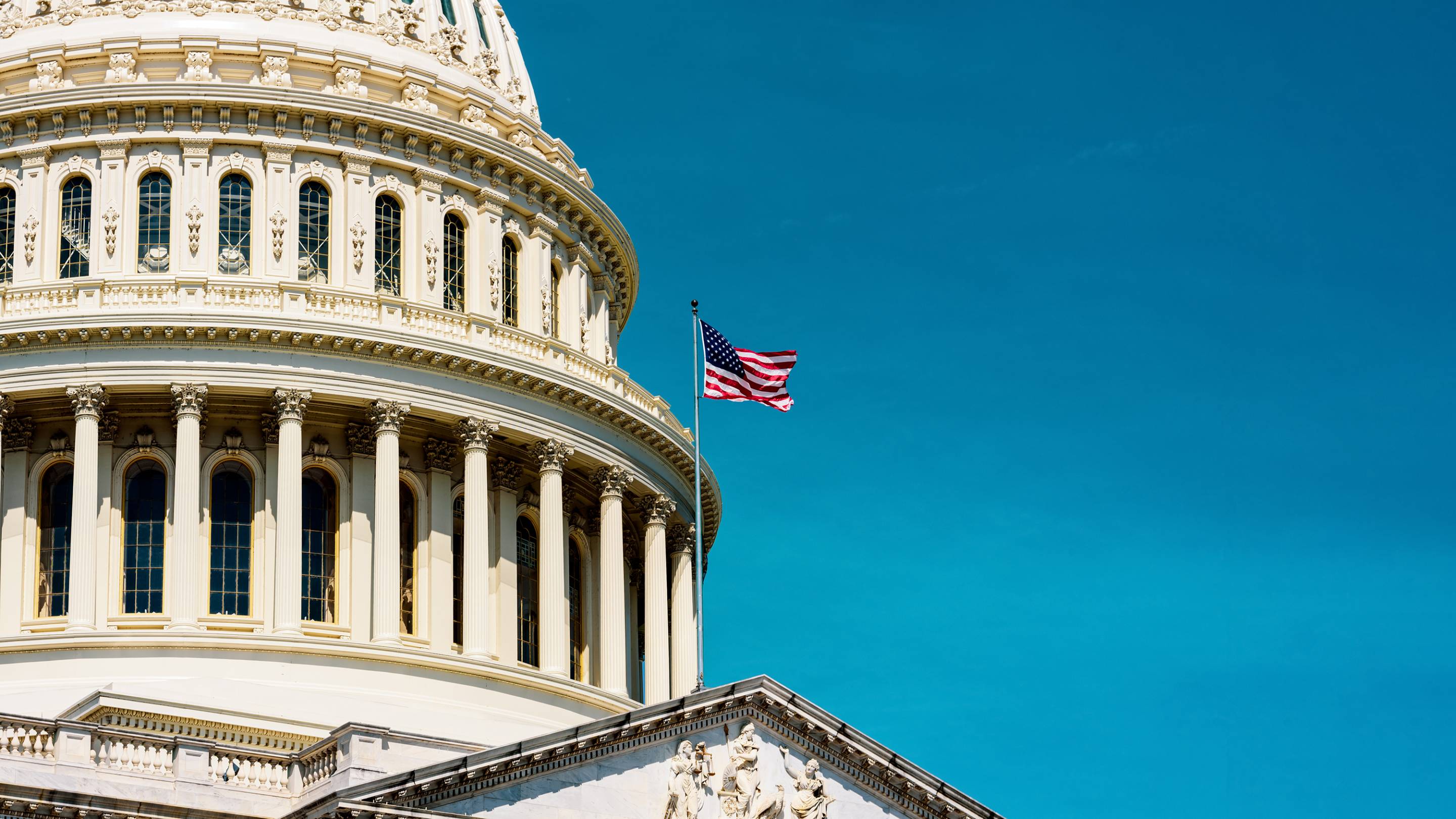Introduction
The role of government in society has been a topic of debate for centuries. Some people believe that the government should play a more active role in regulating the economy and providing social services, while others believe that the government should be smaller and less intrusive.
There are many arguments in favor of a more active government. Proponents argue that the government can play a vital role in ensuring economic stability, providing for the welfare of its citizens, and protecting the environment. They also argue that the government can help to level the playing field and ensure that everyone has a fair chance to succeed.
There are also many arguments in favor of a smaller government. Opponents argue that the government is often inefficient and wasteful. They also argue that the government can be oppressive and infringe on individual liberties. They believe that the free market is the best way to allocate resources and that the government should not interfere in the economy.
The debate over the role of government is likely to continue for many years to come. There is no easy answer, and the best approach may vary depending on the specific circumstances of each country.
The Role of Government in Today's Society
The role of government in today's society is a complex and ever-changing one. Governments are responsible for a wide range of functions, from providing essential services such as education and healthcare to regulating the economy and protecting the environment.
In recent years, there has been a growing debate about the role of government, with some people arguing that it should be smaller and less intrusive, while others believe that it should be larger and more active.
There are many arguments in favor of a smaller government. Proponents argue that the government is often inefficient and wasteful. They also argue that the government can be oppressive and infringe on individual liberties. They believe that the free market is the best way to allocate resources and that the government should not interfere in the economy.
There are also many arguments in favor of a larger government. Proponents argue that the government can play a vital role in ensuring economic stability, providing for the welfare of its citizens, and protecting the environment. They also argue that the government can help to level the playing field and ensure that everyone has a fair chance to succeed.
The debate over the role of government is likely to continue for many years to come. There is no easy answer, and the best approach may vary depending on the specific circumstances of each country.
Benefits of a Larger Government
- Economic stability: Governments can help to stabilize the economy by providing unemployment benefits, social security, and other safety nets. They can also help to regulate the economy to prevent monopolies and other forms of market abuse.
- Welfare of citizens: Governments can provide essential services such as education, healthcare, and housing. They can also provide social programs to help the poor, the elderly, and the disabled.
- Environmental protection: Governments can regulate pollution and other environmental hazards. They can also invest in renewable energy and other sustainable technologies.
Here are some of the risks of a larger government
- Inefficiency and waste: Governments can be inefficient and wasteful. This is because they are often large and bureaucratic.
- Oppression and infringement on individual liberties: Governments can be oppressive and infringe on individual liberties. This is especially true in authoritarian regimes.
- Too much power: A large government can have too much power. This can lead to corruption and abuse of power.
The ideal role of government is a matter of debate. However, it is clear that governments can play a vital role in society. They can help to ensure economic stability, provide for the welfare of its citizens, and protect the environment. However, it is important to ensure that governments are efficient and accountable, and that they do not infringe on individual liberties.
Opinion
The role of government in society is a complex and ever-changing one. There are many different perspectives on the ideal role of government, and the best approach may vary depending on the specific circumstances of each country. In my opinion, the best approach is to have a government that is large enough to provide essential services and protect the environment, but small enough to be efficient and accountable. It is also important to have a government that respects individual liberties and does not become too powerful.
Resources
- Books
- The Role of Government in Society by James Q. Wilson and John J. DiIulio, Jr.
- The Spirit of the Laws by Montesquieu
- Leviathan by Thomas Hobbes
- The Wealth of Nations by Adam Smith
- Articles
- "The Role of Government in Society" by Thomas Sowell
- "The Case for a Smaller Government" by Milton Friedman
- "The Case for a More Active Government" by Paul Krugman
- Videos
- "The Role of Government in Society" by C-SPAN
- "The Case for a Smaller Government" by the Cato Institute
- "The Case for a More Active Government" by the Brookings Institution
Quotes
- "The government is not the solution to our problem; the government is the problem." - Ronald Reagan
- "The greatest good for the greatest number." - Jeremy Bentham
- "A government big enough to give you everything you want is big enough to take away everything you have." - Thomas Jefferson
- "Power tends to corrupt, and absolute power corrupts absolutely." - Lord Acton
Experts
- Thomas Sowell is an American economist and social theorist. He is a senior fellow at the Hoover Institution, Stanford University.
- Milton Friedman was an American economist and Nobel laureate. He was a professor at the University of Chicago and a senior fellow at the Hoover Institution.
- Paul Krugman is an American economist and Nobel laureate. He is a professor at the Massachusetts Institute of Technology and a columnist for The New York Times.
Conclusion
The role of government in society is a complex issue with no easy answers. There are many factors to consider, such as the economic system, the political system, and the cultural values of a particular country. The best approach may vary depending on the specific circumstances of each country.
It is important to have a healthy debate about the role of government in society. This debate should be based on facts and evidence, rather than on ideology or emotion. It is also important to remember that the role of government is not static. It can and should change over time, as society changes.



Comments
Post a Comment
Thank you for your comments and ideas.